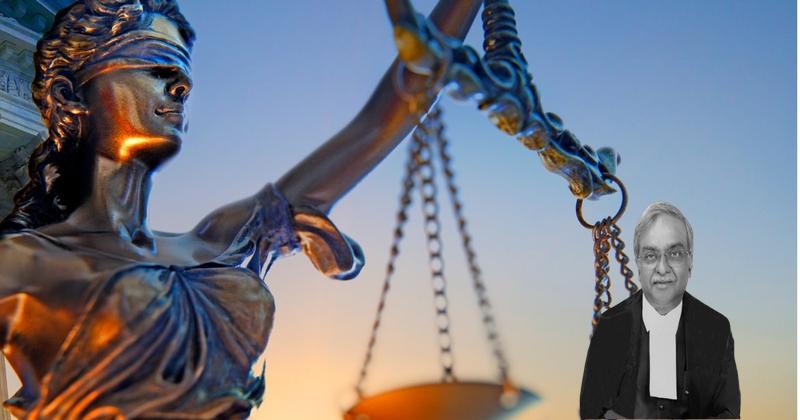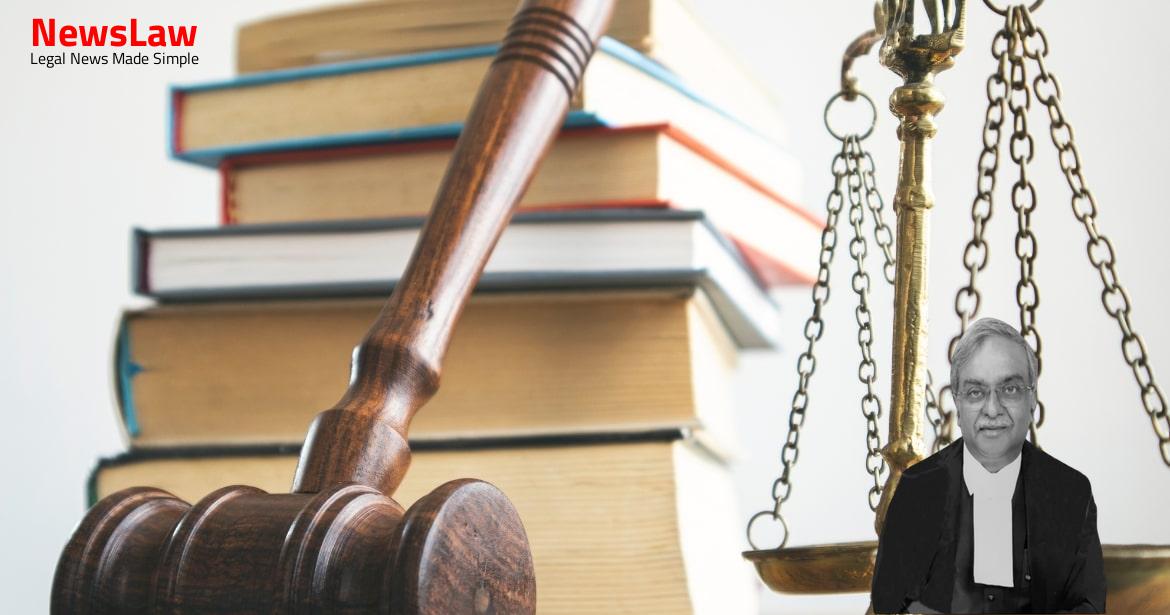Delve into the intricate legal analysis of dying declarations in court cases. The focus is on the significance of proper certification of mental fitness and the impact of inconsistencies in statements on the judicial process. Follow along to understand the nuances of legal scrutiny in complex cases.
Facts
- Deceased suffered 95% burn injuries on 17.09.1991 at about 4:30 pm
- Deceased succumbed in the hospital the next day
Also Read: Promotion Dispute: Seniority-cum-Merit Principle
Arguments
- The respondents were acquitted due to lack of proof in accordance with the law regarding the dying declaration.
- The deceased made conflicting statements, initially implicating her sister-in-law and later implicating her husband in the incident of setting her on fire.
- There is no concrete evidence that the deceased was in a fit state of mind to make a dying declaration.
- Different witnesses presented varying accounts of the incident, leading to confusion in the case.
- The mere absence of an endorsement by the Doctor regarding the deceased’s state of mind does not affect the value of the dying declaration.
- The appellant, brother of the deceased, is challenging the acquittal of the respondents on the charges of Section 498A and 302/34 I.P.C., which was upheld by the High Court.
Also Read: Legal Analysis in Case of Assault Conviction Restoration
Analysis
- The appellate court has the power to review evidence if the lower court’s view is deemed perverse or if there is a manifest error of law.
- The Doctor who recorded the dying declaration was examined and confirmed the deceased was in a fit state of mind during the statement.
- The rule of practice is not to interfere with concurrent findings unless there is a complete misappreciation of evidence or gross perversity causing a miscarriage of justice.
- In the present case, the deceased suffered burn injuries and made varying dying declarations, raising doubts about the truthfulness of the statements.
- The absence of a certificate regarding the state of mind in the dying declaration and a fluctuation in the deceased’s statements cast suspicion on the truthfulness of the allegations.
- The potential defence of suicide and the lack of clarity regarding the deceased’s mental state make it unsafe to reject the defence and convict the respondents.
- The case is distinguishable from other precedents due to the lack of certification of mental fitness and inconsistencies in statements.
- In State of Goa vs. Sanjay Thakran & Ors., it was observed that the court of appeal would not ordinarily interfere with the order of acquittal unless the lower court’s approach is vitiated by manifest illegality and the conclusion reached is considered perverse.
- In the case, it was noted that the fitness of the deceased was certified by a resident junior doctor separately, but the signature and endorsement of the doctor were not available on the dying declaration.
- P.W. 19 acknowledged that Dr. Anant Sinha did not sign in his presence and that doctors would sometimes put their signatures in the record room.
- In Paparambaka Rosamma and others vs State of Andhra Pradesh, a distinction between consciousness and fitness of state of mind for making a statement was made.
- The medical officer in that case certified that the patient was conscious while recording the statement
- The injured had sustained 90% burn injuries and the prosecution case primarily relied on the dying declaration
- The dying declaration in question must be truthfully recorded and give a vivid account of the incident.
- In the case of Heeralal, discrepancies in the two dying declarations led to the inability to base a conviction on them.
Also Read: Caste Certificate Verification: Legal Analysis
Decision
- The appeal is dismissed.
Case Title: NARESH KUMAR Vs. KALAWATI (2021 INSC 211)
Case Number: Crl.A. No.-000035-000035 / 2013



